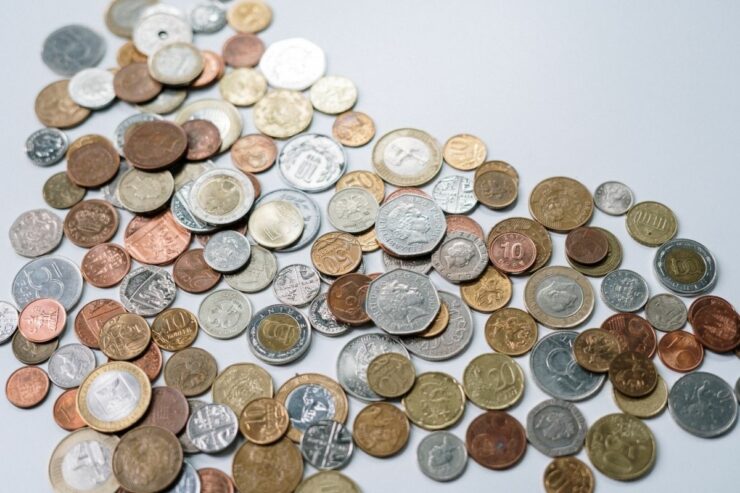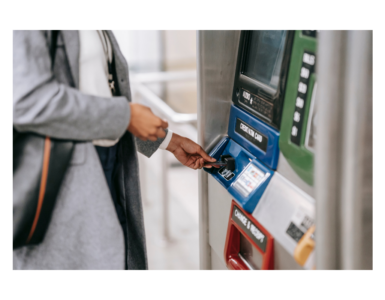Maybe you have traveled to Canada and exchanged your U.S. dollars for Canadian dollars. Or, perhaps, you have traveled from Australia to England and exchanged your Australian dollars for English pounds. If so, you have seen a currency exchange rates execution. But do you know how currency exchange rates work? In this article, we’ll discuss currency exchange rates works, how to determine the rate and the things that can affect a currency’s value.
How Do Currency Exchange Rates Work?
Currency exchange rates show how much you can exchange one unit of currency for the other. Exchange rates specify the value of your currency when it is exchanged into another currency. Since foreign currencies are actively traded, exchange rates are constantly fluctuating. There are several trading activities that increase and decrease different currencies’ value.
Investors buy and sell foreign currencies in the international market every hour of the day. In order to complete a trade, at least one currency needs to be exchanged with another currency. For instance, in order to purchase U.S. dollars (USD), another currency is needed for the payment. Whatever currency is used, it will produce a currency pair. For instance, if you use England pounds to buy Canadian dollars, the rate of exchange will be for CAD/GBP pair.
How Are Exchange Rates Determined?

Currency exchange prices can be determined in two major ways: flexible rate and fixed rate.
Flexible rates
The exchange market determines the rate of most currency exchange, and they are known as flexible rates. They constantly change from one minute to the other. Flexible rates are impacted by the market through demand and supply, which in turn is driven by inflation, foreign investment, and several other economic factors. As such, the increase in demand for any currency will most likely increase and vice versa.
Fixed rates
This is also known as a pegged rate and involves the currency exchange rate been set and maintained through the country’s central bank. These countries set their currency exchange rate against some other currencies. Only the country’s government can determine when their exchange rates should change. The Chinese yuan is gradually moving from a pegged rate to a flexible rate, which means the currency exchange rate doesn’t change as frequently as a flexible rate but more often than a fixed rate.
Factors That Affect Exchange Rate
There are different factors that affect the exchange rate, some of which include:
1. Rate of inflation
Market inflation is one of the factors that can affect the exchange rates. Any country with a higher inflation rate will experience depreciation in its currency’s value and vice versa. This means if you try to exchange this currency for a currency with a higher value, you will likely get less of the currency you are changing.
2. Financial stability
A country’s financial stability can influence its currency exchange rates. Investors are likely to buy more from countries with growing economies. And this means the investors will need more of such country’s currency to purchase from them, and this will lead to more demand for such country’s currency and eventually boosts its value in the global exchange market.
3. Political Stability
A country’s political affairs can affect its currency’s value. Foreign investors will shy away from a country that is battling political instability because it can be a risky investment. This likely means that country’s foreign capital will reduce over time, and the value of the domestic currency will depreciate.
How to Determine Currency Exchange Rates
Currency rates work based on demand and supply. A country’s currency that is performing well will be demanded more than other country’s currencies that are not that strong at that particular moment. And the more a currency is demanded, the higher its value will be, and this will have an impact on the price as well.
Since such currency has limited supply and the demand is high, they are valued at higher prices. For instance, if the United States economy is growing significantly, England investors might have an interest in USD. Since USD has become the in-demand currency, the investors from England will have to part with more English pounds to purchase USD.
Conclusion
Currency exchange rates play a significant role in our everyday lives. With a favorable exchange rate, you will often get more of the currency you are exchanging. Simple by following the rules of supply and demand, you can have a basic understanding of what makes a currency’s worth. When a country offers attractive opportunities, its currency will be in higher demand and vice versa.







